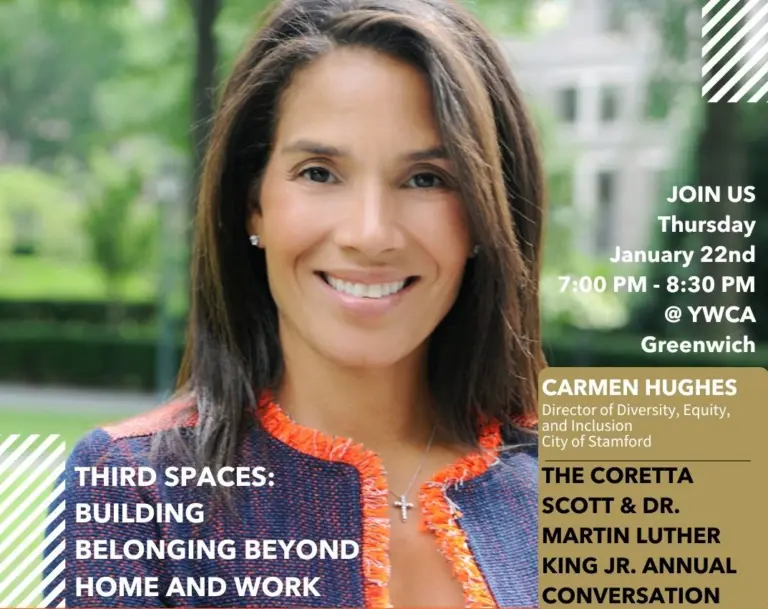There was a time — not so distant, yet now hazed by neglect — when American sailors arrived at Olympic harbors with a quiet expectation of dominance. From the 1950s through the 1990s, the Stars and Stripes unfurled atop podiums as if by reflex: multiple medals, Games after Games, a maritime counterpart to the basketball “Dream Teams” of hardwood lore. But since Athens in 2004, the nation that pioneered competitive sailing has managed but five medals across six Olympiads.
This autumn, at Indian Harbor Yacht Club in Greenwich, there will be a bid — modest in scope, monumental in aspiration — to right the ship. On October 18, a coalition of sailing’s stalwarts convenes for the fundraising event, Layline to Los Angeles, an evening designed to support the dreams of U.S. Olympic hopefuls. The fundraiser is no gala of perfumed abstraction; it is a practical answer to a sobering arithmetic.
While rivals in the rest of the world receive decades of state sponsorship — full-time stipends, government-supplied equipment, and world-class coaching — American sailors must shoulder campaign costs themselves. A multi-year Olympic pursuit can devour personal fortunes: travel, coaching, event fees, medical care, even groceries. For all our national romance about self-reliance, the reality is blunt: “No wind is favorable,” Seneca reminded us, “to the sailor who does not know his port.” To reach the podium port, these sailors need resources, not platitudes.
The evening’s roster evokes both nostalgia and promise. Gary Jobson, America’s Cup tactician turned chronicler of the sport, will moderate. The competitors: Nevin Snow and Ian MacDiarmid, gold medalists at French Olympic Week; Paris Henken and Helena Scutt, silver medalists there. Over dinner and music, patrons will hear of “knockdowns” weathered and triumphs hard-won, of the mechanics — physical, financial, psychological — required to race at the sport’s apex. For local high-school sailors, a youth clinic offers something rarer than autograph sessions: instruction, candor, aspiration rendered human.
The stakes extend beyond sport. In 2028, when Los Angeles again hosts the Games, the home-field advantage will not be atmospheric alone; it will be moral. To compete credibly on our waters, American sailors must first believe they belong — and belief is born of preparation, which is born of means. Supporting these athletes is thus less philanthropy than civic reclamation: reclaiming a heritage that once seemed inevitable.
The event’s sponsors — America One Racing, American Magic, the Sailing Foundation of New York, and the Schoonmaker Foundation — understand this. They have united under the banner of “Project Podium,” a phrase at once prosaic and prophetic. Its success will not be measured in speeches but in seconds shaved off tacks, in sails trimmed with precision born of training unburdened by anxiety over rent checks.
This is not a call for nostalgia; it is a call for stewardship. Athens and Rome built fleets to extend empires; America now needs only to extend opportunity to its sailors. As John F. Kennedy, himself a son of the sea, once observed: “We are tied to the ocean. And when we go back to the sea — whether it is to sail or to watch — we are going back from whence we came.”
On October 18, those ties will be tested — and, if generosity matches memory, perhaps retied. The wind is there. The question is whether we will raise the sail.




